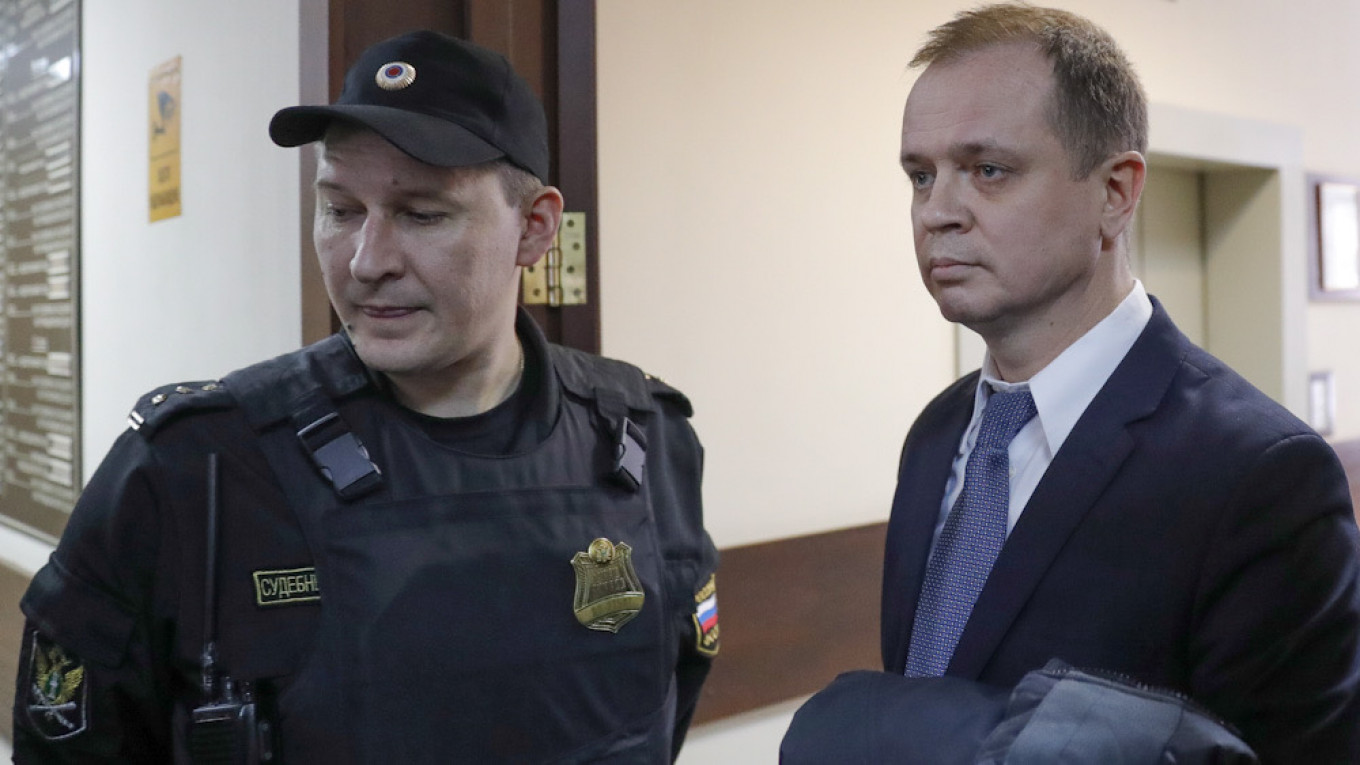Russian Federation: Authorities must end attacks on lawyers and abuse of foreign agents law
The International Commission of Jurists (ICJ) today condemned the widespread and escalating attacks on independent lawyers in the Russian Federation and urges the Russian authorities to cease harassment of lawyers.
“We have observed a significant increase in what had already been a longstanding pattern of attacks against lawyers in the Russian Federation, taking various forms of legal harassment, ranging from arbitrary criminal and disciplinary charges to designations as foreign agents for the purpose of stifling their work,” said Temur Shakirov, Director (ad interim) of the Europe and Central Asia Programme at the International Commission of Jurists. “We urge the Russian authorities to terminate such practices and guarantee that lawyers can fulfil their professional duties in an environment free from fear of retaliation or persecution, as required by international law and standards on the role of lawyers”.
The growing number of cases of harassment and persecution against lawyers by the Russian authorities include the initiated of spurious disciplinary charges and sanctions often leading to disbarment and criminal prosecution of lawyers.
The ICJ is particularly concerned at the arbitrary use of the overly expansive Foreign Agents Law, which has been repeatedly amended to undermine the exercise of freedom of expression, association, assembly and the right to public participation, including by lawyers, in the Russian Federation. Under amendments that entered into force in December, the definition of a foreign agent has been extended so that almost any persons under “foreign influence” could be considered a foreign agent.
Over the past two years, several lawyers have been labelled as “foreign agents” pursuant to the law, for discharging their professional duties in accordance with their professional duties, including in the exercise of their rights to freedom of expression.
The Ministry of Justice has apparently included certain lawyers on the list of “foreign agents” apparently for political reasons, as it predominantly consists of independent lawyers engaged in the representation of human rights defenders or those who publicly draw attention to and criticize human rights violations by the authorities. For example, lawyers of the informal association of civic activists “Team 29,” Ivan Pavlov and Valeria Vetoshkina, were designated “foreign agents.” (Ivan Pavlov is also known for representing imprisoned opposition leader Alexey Navalny) by the Ministry of Justice. Two other lawyers and outspoken critics of the Russian authorities, Ilya Novikov and Mikhail Benyash were designated foreign agents in 2022.
The ICJ deplores the emerging pattern of disbarment of lawyers for alleged disciplinary misconduct. Recently, regional chambers of lawyers in the Russian Federation have terminated or suspended the licenses of numerous lawyers throughout the country. For example, Ivan Pavlov’s license was suspended in 2022 and Mikhail Benyash was disbarred in 2023. Vitaliy Burkin, Dmitriy Kazakov, Alexander Voitsekh, Aslyam Khalikov are among the numerous others subject to debarment.
The harassment and persecutions of lawyers in Russia has dramatically increased since Russia’s unlawful military aggression into Ukraine in 2022. Consequently, several lawyers have been criminally prosecuted or charged with disciplinarily misconduct for criticizing Russia’s military intervention.
In 2022, the president of the Udmurt Regional Chamber of Lawyers, Dmitriy Talantov, was imprisoned and indicted for “publicly spreading false information about the use of the defence forces of the Russian Federation” – a criminal offence introduced to the Criminal Code of the Russian Federation following the invasion of Ukraine. The lawyer is currently on trial and faces up to 15 years in prison. Another lawyer, Alexander Voitsekh was disbarred in 2021 and is currently serving a prison sentence for allegedly trumped-up charges of fraud. He has alleged that his disbarment and the prison sentence is the retaliation for his persistent criticism of the Bar Association for the latter’s alleged embezzlement of funds and undue links with law enforcement bodies.
The ICJ calls on the Russian authorities to conduct prompt and independent investigations of instances of harassment and obstruction of lawyers’ legitimate work in defence of their clients. Those responsible for violations against lawyers should be held accoutable and the lawyers should have access to an effective remedy and reparation. The ICJ urges the Russian Federation to dismiss charges against unlawfully prosecuted lawyers and reinstate those who have been disbarred on undue grounds.
Background:
The UN Basic Principles on the Role of Lawyers define lawyers as “essential agents of justice,” who are called upon to protect human rights, including procedural rights in legal proceedings and the right to an effective remedy for violations of human rights. By obstructing the work of lawyers, the Russian authorities infringe upon the right to a fair trial guaranteed under Article 14 of the International Covenant on Civil and Political Rights (ICCPR), to which the Russian Federation is a party. Lawyers, as other persons, enjoy the full range of human rights guaranteed under the ICCPPR, including freedom of expression, freedom of association, freedom of peaceful assembly and the rights to public and political participation.
The UN Human Rights Committee, which reviews State compliance with its obligations under the ICCPR issued Concluding Observations on the eighth periodic report of the Russian Federation, dated 1 December 2022. The Committee called on the Russian Federation to end acts of harassment, intimidation, unwarranted prosecution, poisoning, violence against, and killing of, among others, lawyers. In 2022, the UN Special Rapporteur on the independence of judges and lawyers noted in his report that the labelling of a lawyer as a “foreign agent” warrants the filing by authorities of a motion to initiate disciplinary proceedings seeking his or her disbarment.





